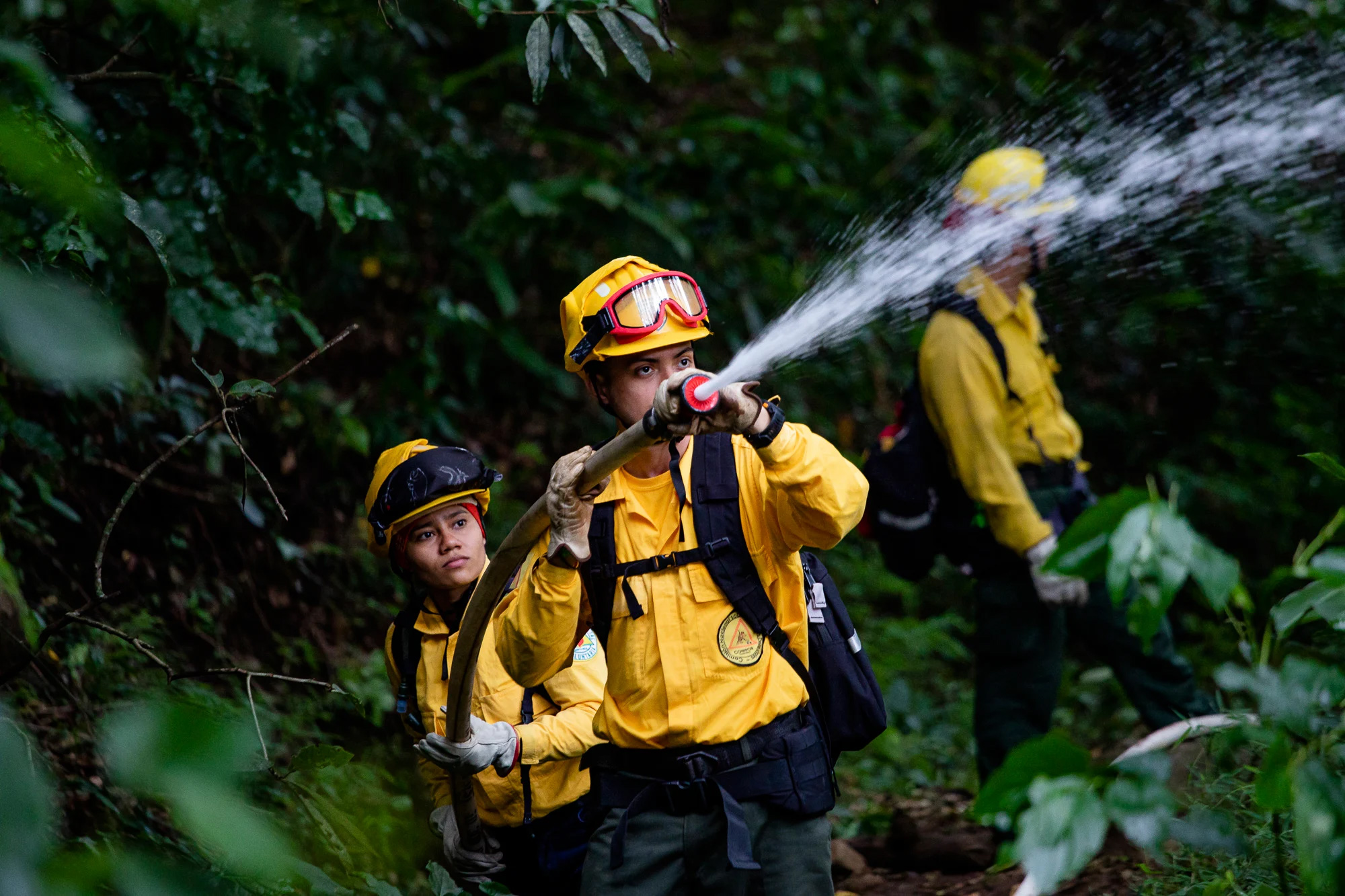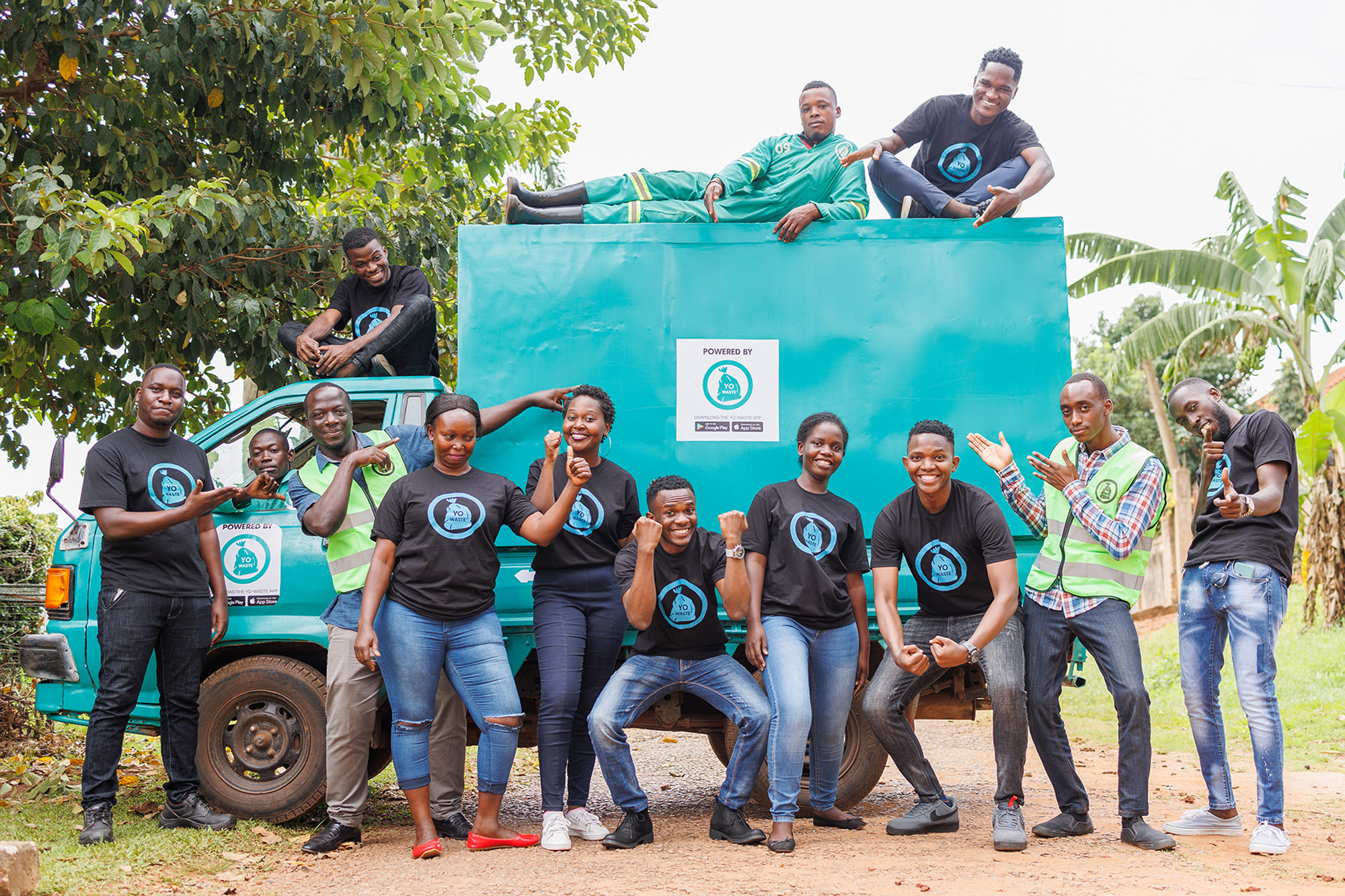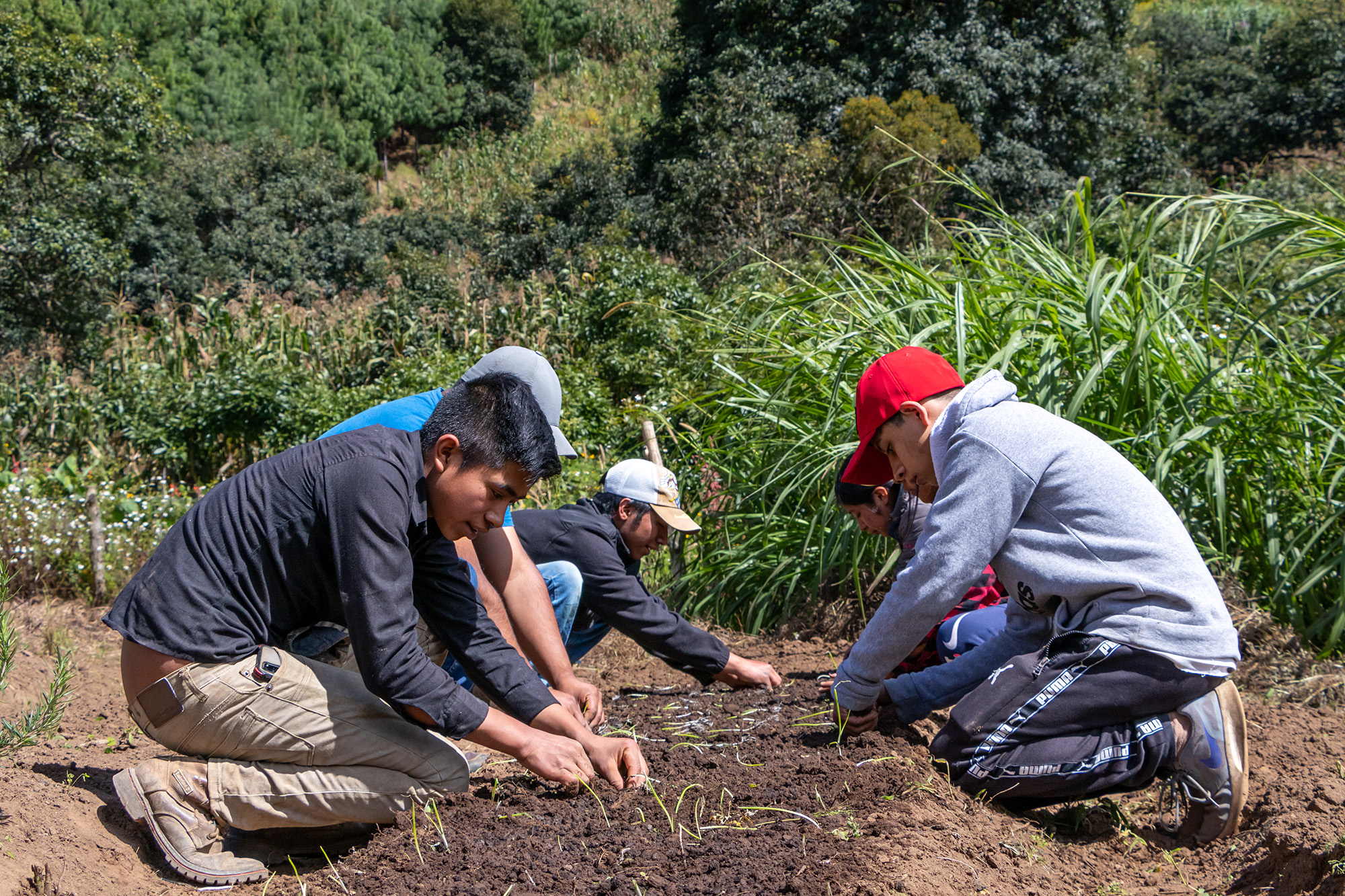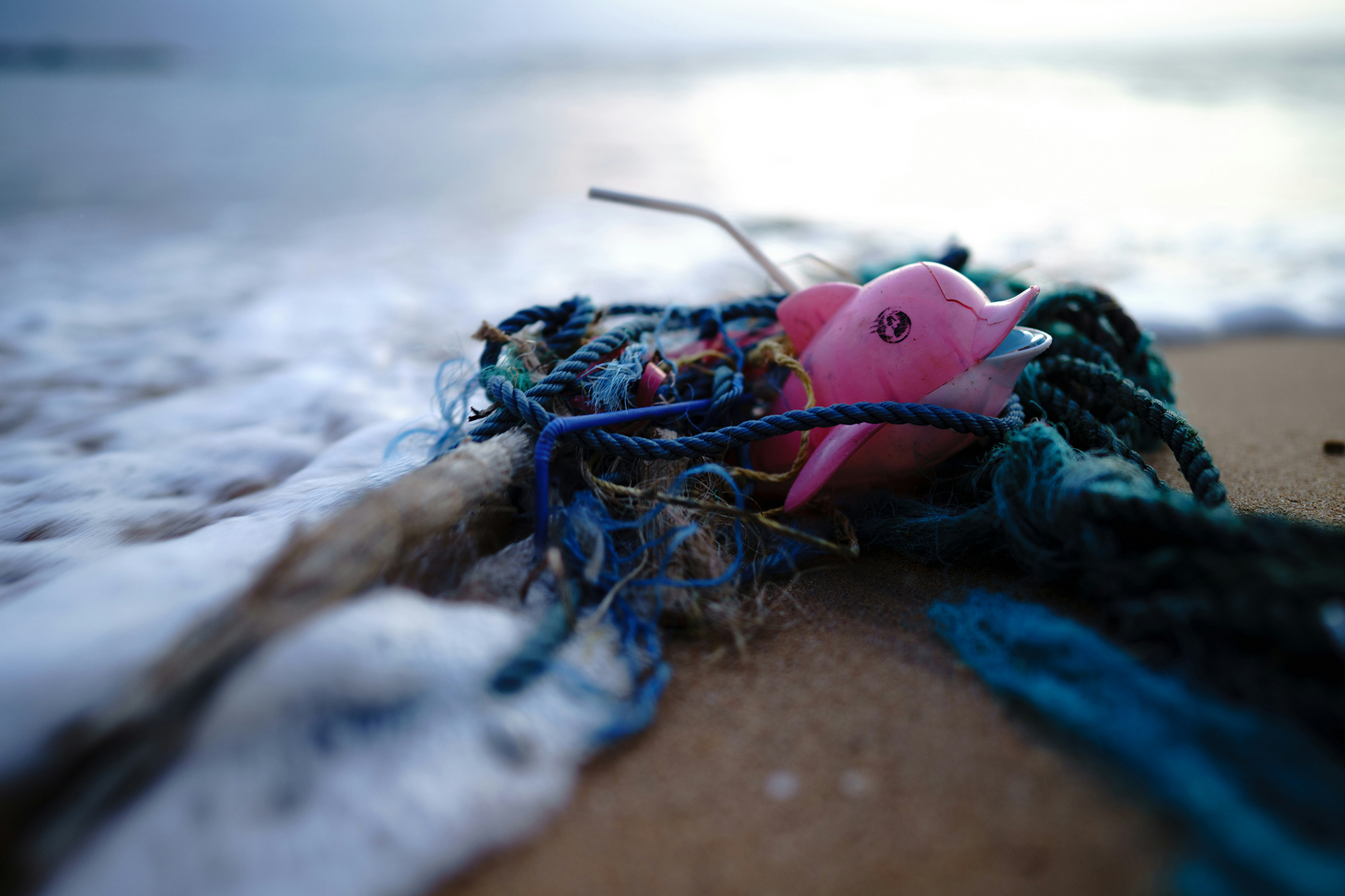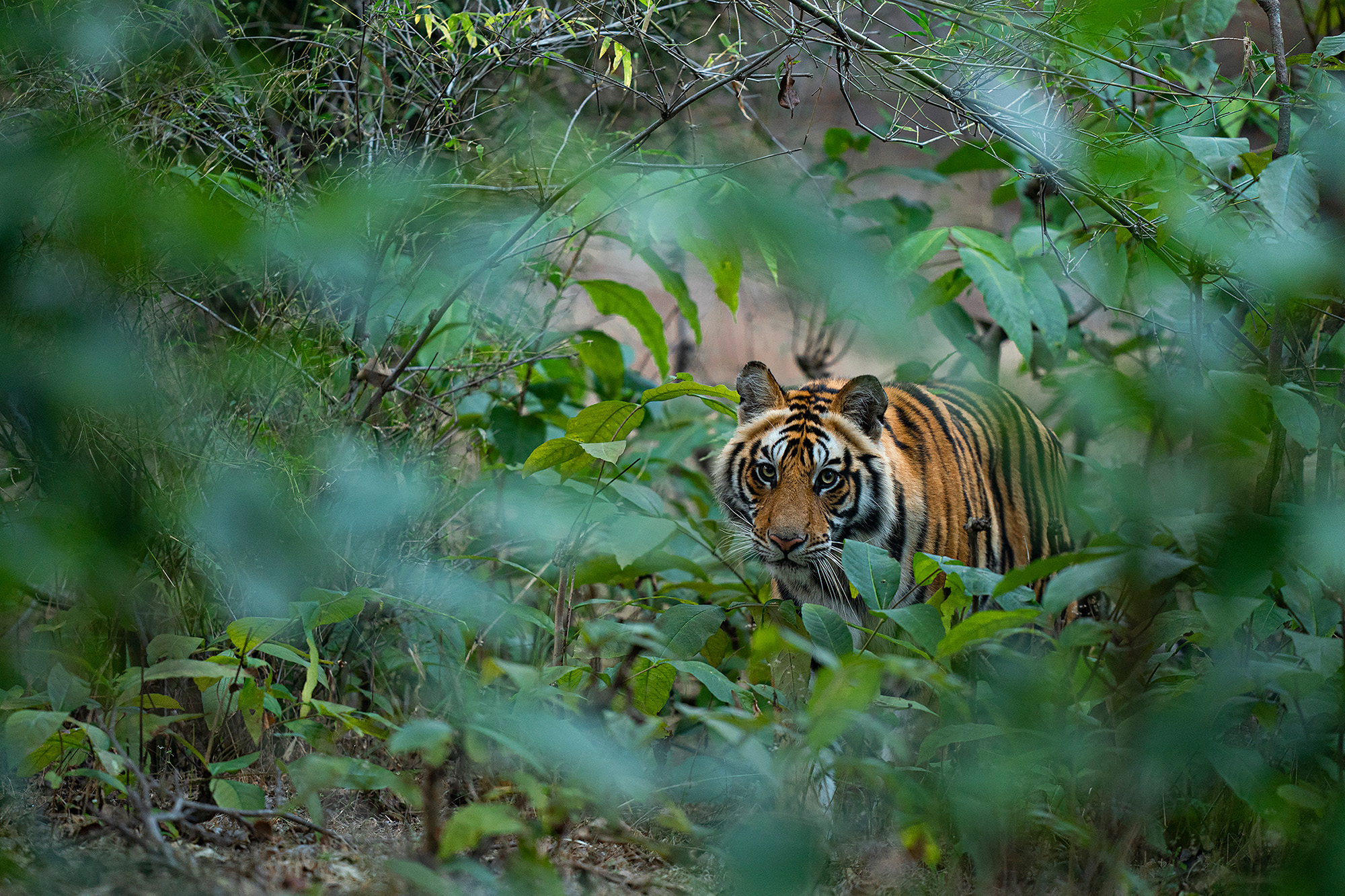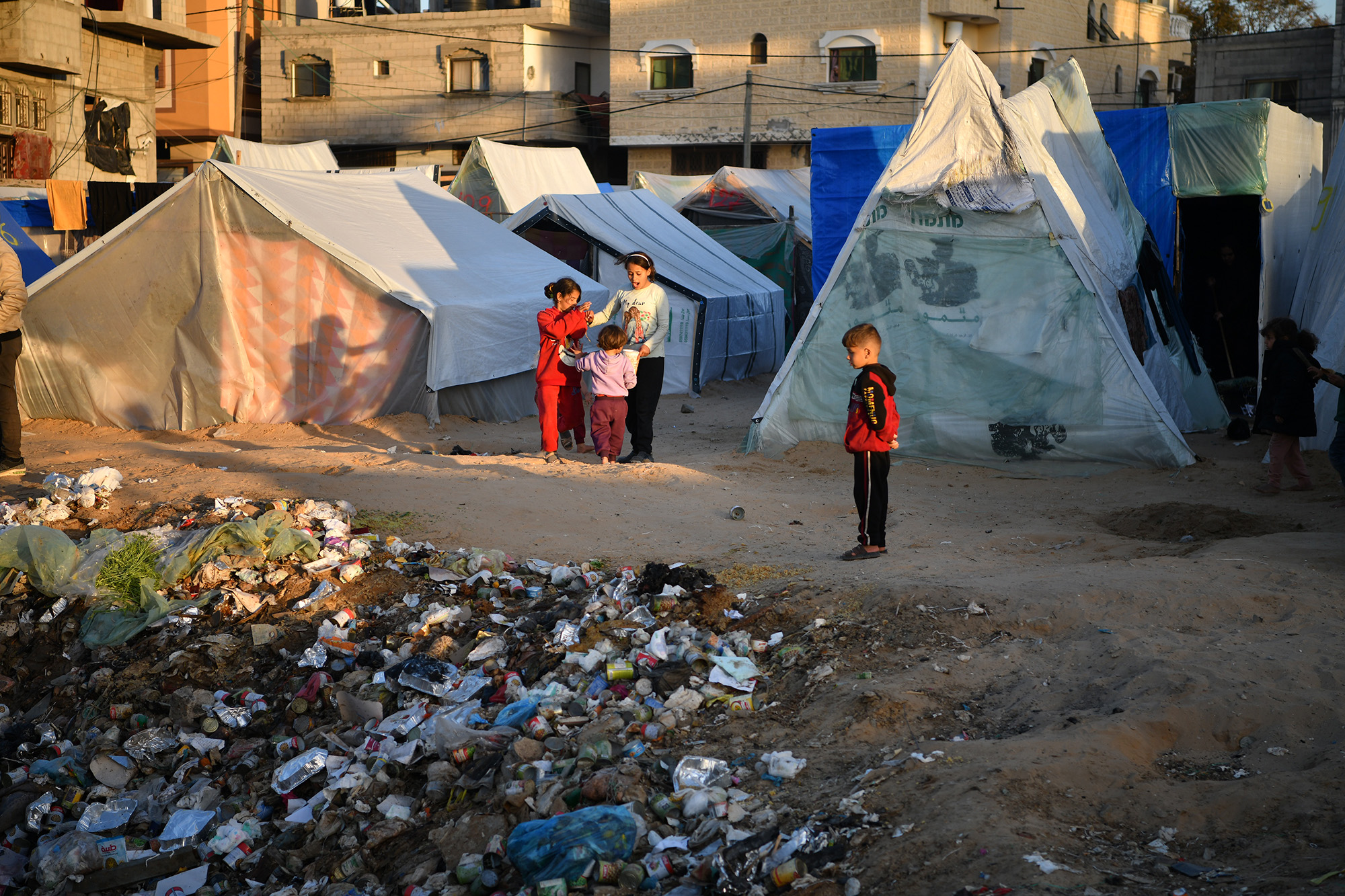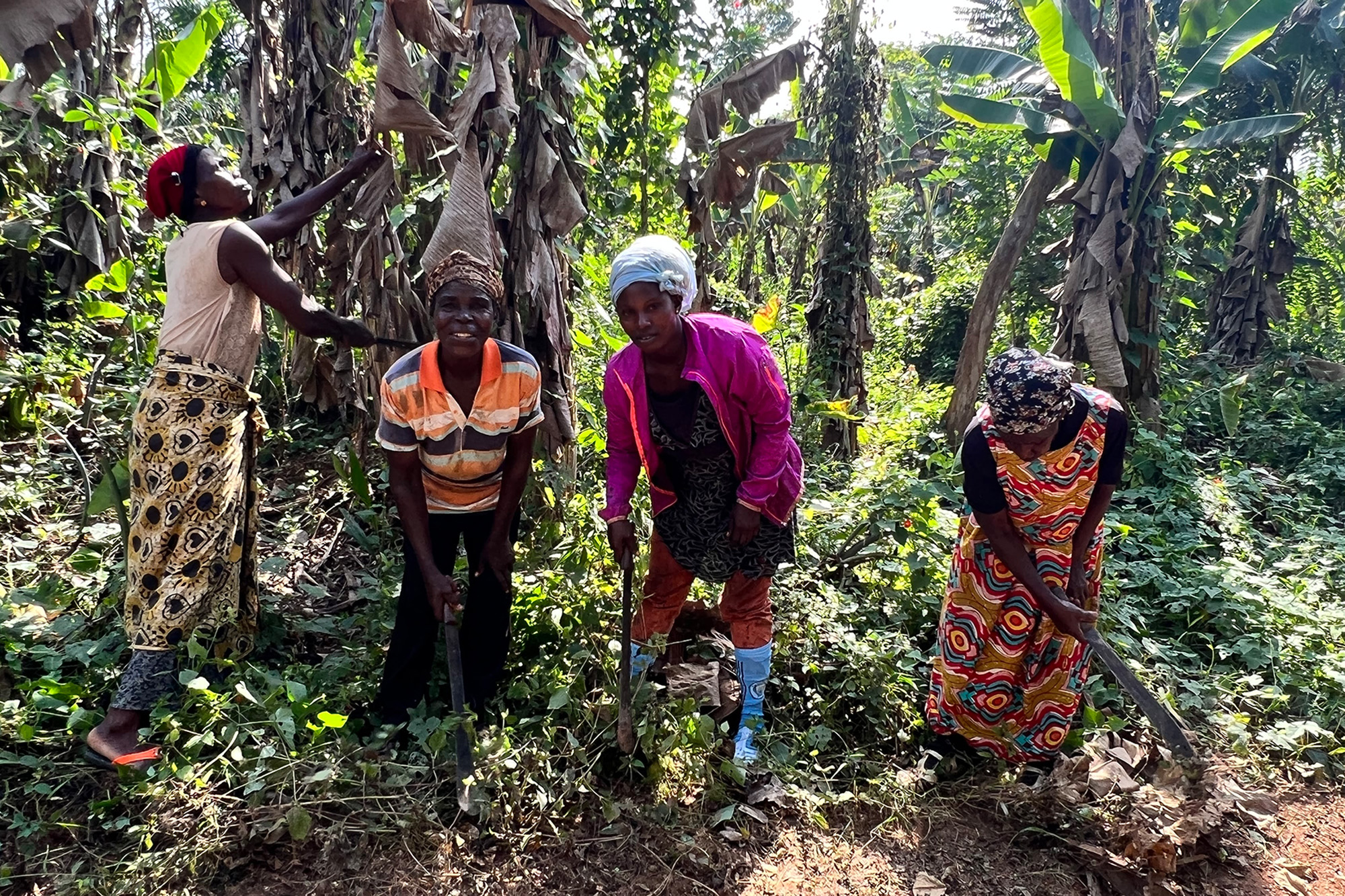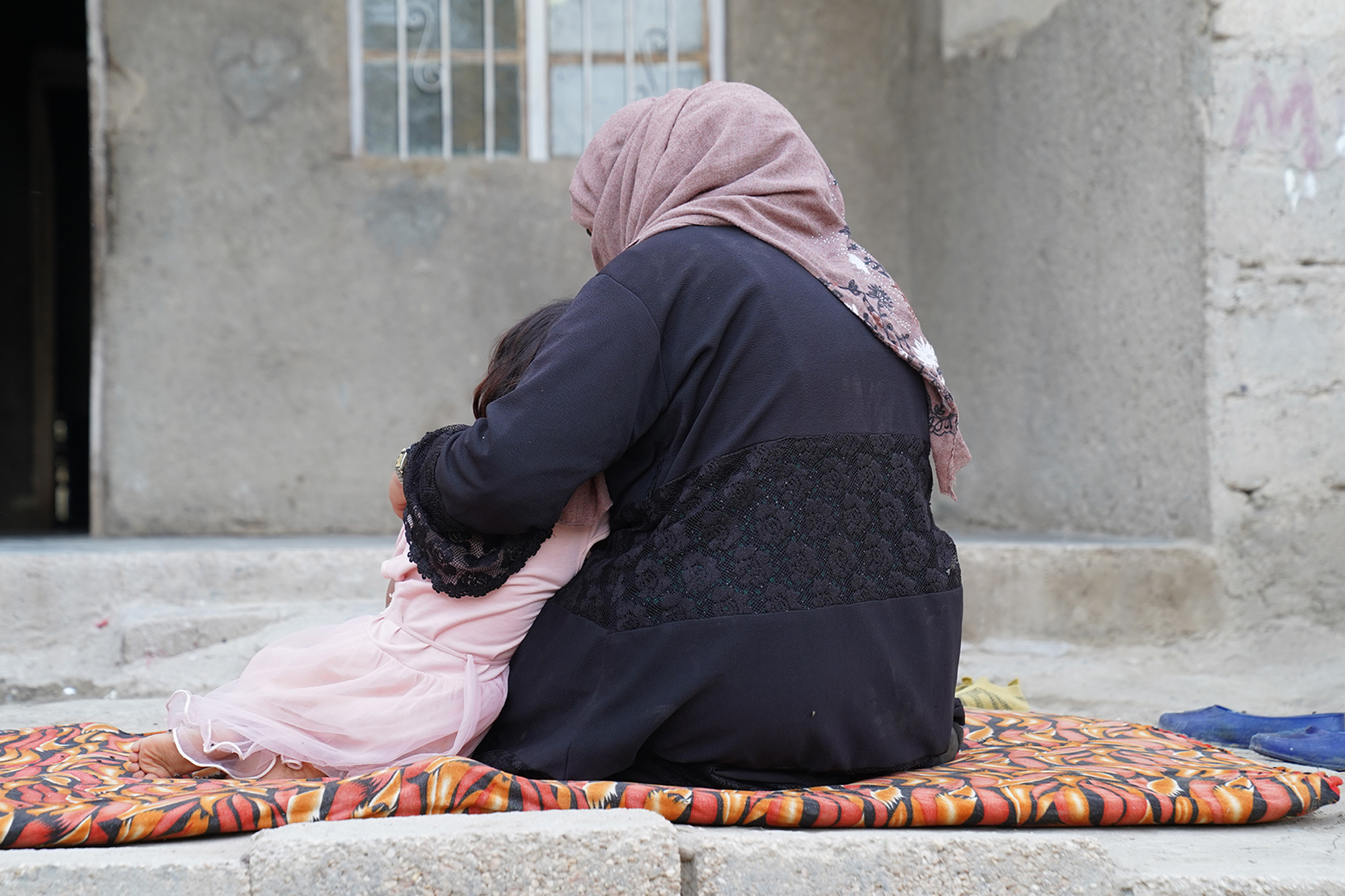In 2023 alone, 400 million hectares were consumed by flames—an area twice the size of Mexico. Forest fires cause biodiversity loss, release large quantities of carbon dioxide, and degrade the soil and contaminate water resources. Today, more than half of forest fire-related costs go toward rapid response. But less than 1 percent is spent on planning for and preventing this environmental threat. Costa Rica's Volunteer Forest Fire Brigade has been supported by the Global Environment Facility’s Small Grants Programme (SGP), implemented by the United Nations Development Programme (UNDP), in fighting forest fires for the last 30 years.
UNDP
World Migratory Bird Day (11 May) works to increase the level of awareness about the threats – both general and specific – that birds are facing. In the vast expanse of the Rift Valley/Red Sea flyway, where azure waters meet golden sands, over 1.5 million birds – representing 37 species, five of whom are globally threatened - take flight each year. Among them are species on the brink of extinction, their survival hanging in the balance. Against the backdrop of this natural wonder, human activities have cast a shadow of threat upon these winged travelers. This story highlights a Global Environment Facility-financed project led by UNDP Jordan.
Hasina's inspirational journey showcases the resilience and potential of Afghan women in ICT, highlighting the transformative power of education and technology.
Meet Martin Tumusiime, Founder and CEO of Yo-Waste, a Ugandan start-up tackling waste management with a streamlined approach. Dubbed the "Uber for waste," Yo-Waste's app connects over 1,000 households in the cities of Kampala and Entebbe to a waste collection service. The company's contribution to Sustainable Development Goals is evident in its role in waste management, community well-being, climate change mitigation, and job creation for young people. The United Nations Development Programme (UNDP) played a crucial role in supporting Yo-Waste with financing, guidance, and strategic collaboration.
San Juan Comalapa is an agriculturally based municipality located in the central highlands of Guatemala. The majority of the population consists of indigenous Mayan-Kaqchikel peoples who rely on farming for their livelihood. In these territories, youth frequently migrate to other countries due to the lack of employment and business opportunities. Young indigenous women are the most affected, having fewer possibilities to get well-remunerated jobs. To provide viable livelihoods and prevent outmigration, the Comalapan Producers Association (ASPROC) offers capacity-building and training activities for young farmers in the region.
UNDP presents Climate Action Explained episode 4, as they travel to Tuvalu, Kenya and Egypt to discover how communities are implementing adaptation solutions to protect coastal zones and infrastructure, ensure food security and preserve nature for people and the planet. To fight climate change, we need to slash greenhouse gas emissions. But we also have to find ways to adapt to the impacts already happening and to come.
From discarded bags at the bottom of the Mariana Trench to microscopic particles in human placentas, plastics are ubiquitous. This material has permeated every facet of our lives, but at the same time, our current pattern of plastic production and consumption has driven a dramatic increase in plastic waste worldwide. Today, plastic pollution poses a serious threat not only to the environment but also to human health. The Global Environment Facility (GEF) Small Grants Programme (SGP) is implementing the Plastics Innovation Programme to foster knowledge-sharing among 14 countries and promote innovative solutions to tackle plastic waste. On International Mother Earth Day (22 April) the GEF Small Grants Programme team has prepared a highlight that showcases successful projects.
In Asia's forests, tigers are endangered due to habitat loss, poaching, illegal wildlife trade, and human-wildlife conflict, warns the United Nations Development Programme (UNDP). Despite these challenges, tiger populations have started to rise in five countries, including India, Bhutan, and Nepal. The Royal Government of Bhutan is hosting the Sustainable Finance for Tiger Landscapes conference to catalyze $1 billion for tiger conservation and innovative fiscal models to support investments in tiger landscapes.
More than 117,000 plastic bottles will have been used by the time you finish reading this sentence, directly impacting your health and the environment. More than 99% of plastic comes from fossil fuels, which is at odds with the Paris Agreement's goal of limiting global warming to 1.5°C. However, a recent report highlights that the world can cut plastic pollution by 80 percent by 2040. To achieve this goal, the United Nations Development Program (UNDP) suggests that we can reform fossil fuel subsidies, reduce greenhouse gas emissions from transportation, promote circular economy practices, invest in innovation, and empower waste workers to improve plastic their livelihoods.
The war in Gaza has led to a dire humanitarian crisis, affecting the lives of 2.2 million people. More than 1.7 million Palestinians are living in makeshift tents or temporary shelters amidst heaps of waste, aggravating a looming environmental and public health crisis. Solid waste management has become an urgent need in Gaza that requires immediate support and solutions. The United Nations Development Programme (UNDP) in collaboration with UNRWA, has launched an initiative to support solid waste management in the southern governorates of Rafah, Khan Yunis, and the Middle Area, helping to mitigate environmental hazards and address public health concerns in southern Gaza communities.
Solange Memadji, displaced by conflict in Chad, finds solace and community in Baltram, where integration initiatives empower displaced individuals to rebuild their lives and foster unity within their host community.
The Zukpuri Community Resource Management Area in Ghana's Upper West Region is a protected area that aims to conserve biodiversity, improve local livelihoods through sustainable practices, and preserve the cultural and medicinal heritage of the region. It was created in 2021 through a partnership between the Upper West Traditional Healer’s Association, rural communities, and traditional authorities, with support from the Global Environment Facility Small Grants Programme implemented by the United Nations Development Programme (UNDP). The project aims to conserve biodiversity, improve local livelihoods through sustainable practices, and preserve the cultural and medicinal heritage of the region.
Watch the 2050 forecast delivered by Weather Kids, created in partnership with the World Meteorological Organization and The Weather Channel. The campaign is part of UNDP’s efforts to boost awareness on the impacts of climate change and to mobilize people around the world to take meaningful climate action for future generations.
It is estimated that around 60 million individuals are currently at risk of encountering mines and other explosive ordnance. Many of these individuals live in areas where conflicts have officially ended years or even decades ago, while others are in regions where wars are still ongoing. The active participation of women in addressing the challenges presented by explosive ordnance is now being recognized as a crucial factor in unlocking the sustainable development benefits of mine action. Read the testimonies of women who have cleared mines in Azerbaijan, Ukraine, and Laos PDR after receiving training conducted by the United Nations Development Programme (UNDP).
The horrific atrocities committed by the Islamic State of Iraq and the Levant (ISIL) when it invaded Syria and Iraq in 2014 shocked the world. Thousands of Iraqi women were left to bring up children alone, separated from families, and living in poverty in displacement or refugee sites. By working closely with the government, the United Nations Development Programme (UNDP) has prepared communities in Anbar, Ninewa, Salah al-Din, and Kirkuk to accept 9,000 ISIL-affiliated families back into their societies.

